The Digital Scholarship Internship Program (DSIP) at the Emory Center for Digital Scholarship (ECDS) is a paid internship program for Emory Graduate Students from any department or academic discipline. Graduate student workers should expect to work approximately 8-10 hours per week at the ECDS, and will be paid at a starting rate of $15.00/hour.
The Digital Scholarship Internship Program (DSIP) presents an uncommon opportunity for graduate students to learn digital scholarship skills, theories, and methods relating to research and pedagogy. Students selected for the program work regular shifts at the center helping faculty, staff, and students with digital research and pedagogy-related questions. They are also paired with research projects in their area of interest and learn the necessary skills while gaining valuable experience in digital scholarship.
The program’s training and professional development aspects are designed to prepare all ECDS students to be successful in careers within, alongside, and beyond the academy through an array of opportunities such as:
- Attaining digital credentialing across tools and methods in digital scholarship, ensuring students can illustrate the skills they have learned in ECDS
- Attending digital scholarship tools and methods trainings
- Creating training materials and teaching workshops
How to Apply
The ECDS program offers opportunities for advancement, increased responsibility, and substantial CV building. Please contact the Graduate Student Coordinator Alexander Cors with any questions at alexander [dot] maximilian [dot] cors [at] emory [dot] edu.
- Applications are now open via Google Forms here.
- Applications are due by Friday, August 27. ECDS will interview candidates shortly thereafter and will look to hire students to begin in mid September.
Available roles at the ECDS for Graduate Students:
ECDS Graduate Interns
Responsibilities/Duties:
- Help clients of the ECDS with their various digital scholarship or digital pedagogy projects
- Learn digital tools and methods most commonly used at the ECDS (WordPress, Adobe Photoshop, Video and Audio editing programs, coding, mapping tools) – the ECDS provides more in-depth training for students’ particular interests.
- Maintain the ECDS space as an orderly and productive work environment
- Integrate with a digital project team as required and in accordance with individual’s skillset and interests; roles may include work with databases, text analysis, web coding, video editing, geospatial analysis, teaching, project coordination, etc.
Requirements:
- Strong technological background or demonstrated interest in learning new methods and tools; specific desirable skillsets include database experience, video editing, data analysis, data entry, coding, web design, graphic design, technical troubleshooting;
- Strong team member
- Responsible, punctual, and responsive individual
- Willingness to commit to 1-2 shifts per week at the ECDS (subject to Emory COVID-19 policies)
Additional Position: Co-Managing Editor for Debates in the Humanities
In addition to the regular Graduate Interns, we are looking to hire a graduate student interested in digital publishing as the Co-Managing Editor for the Debates in the Humanities book series. Edited by Lauren Klein, Emory English/QTM and Matt Gold, CUNY, Debates in the Digital Humanities (DDH) is a hybrid print/digital book series, published by the University of Minnesota Press, which puts out 1-3 essay collections each year in print and online via Manifold. (A list of published volumes can be found here and on the UMP website).
The co-managing editor will work with the other co-managing editor (to be hired from a CUNY PhD Program) on the following tasks:
- Conducting first-round assessments of submitted DDH volumes for content and style
- Communicating with DDH editors and authors about forms, permissions, and other documentation required of the Press.
- Developing a DDH house style guide and other documentation of DDH process.
- Promoting DDH volumes and other announcements via the DDH Twitter account
- Attending bi-weekly editorial meetings via Zoom
The position will entail c. 5-10 hours/week, including summers. We are hoping to find someone who can commit to a 2-year term. The graduate student fulfilling this role will also be a part of the Digital Scholarship Internship Program
and may be involved in additional projects at the ECDS.

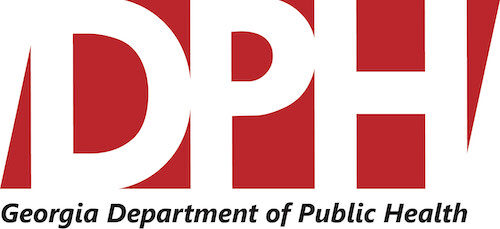
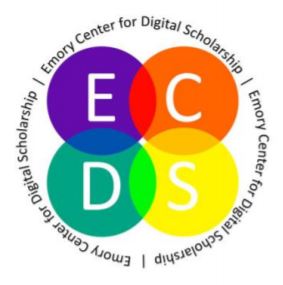


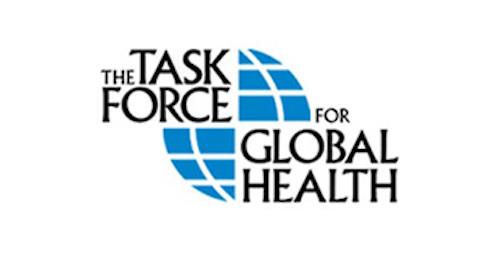
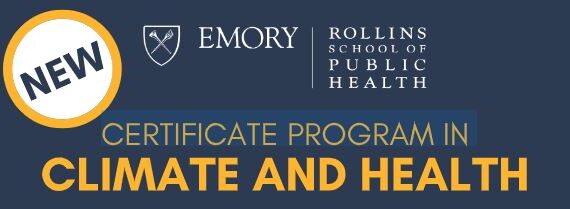


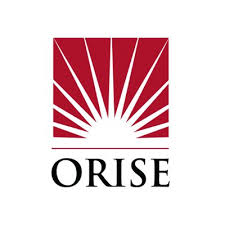
Recent Comments